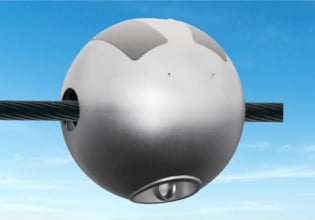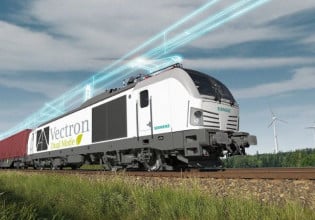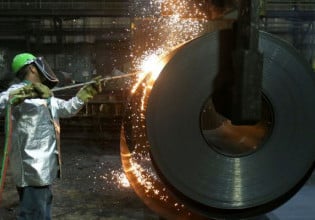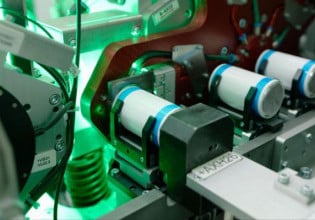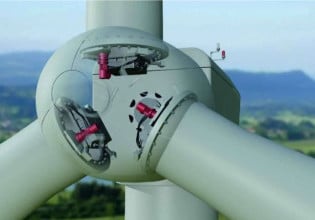Mark Thompson, the President and CEO of Fairchild Semiconductor, briefed an audience at the 2010 Electronica Electronics Fair on the company’s strategy and focus for 2011 and beyond.
Thompson noted that the company’s power module sales are growing rapidly in the appliance, industrial and automotive segments. He said that strong industrial and consumer demand is driving sales growth for high voltage MOSFETs and IGBTs. The company is investing significantly in higher power conversion and wireless analog sales, attempting to build a strong analog franchise.
The company’s power-conversion, industrial, and automotive group accounts for 47% of 2010 revenue, while the mobile, consumer, and communications group logs on with 42% of 2010 revenues, with the standard-products group making up the remaining 11%.
According to Thompson, Fairchild’s standard product emphasis is declining, so the company is focusing on a distribution-centered approach, which places more of an emphasis on a direct sales force. Rather than targeting a particular part such as a MOSFET, the focus will be on an application area such as solar. He said that Fairchild is focusing on a deliberately diversified application spectrum. Thus, the Industrial segment accounts for 30% of the company’s revenue, consumer for 25%, computing accounts for 23%, handsets and communications for 16%, and automotive for 5%. According to Thompson, this kind of variety explains seasonal and other variations in each segment.
Thompson discussed several trends that are driving Fairchild’s business. For example, he noted that efficiency, which was once a concern primarily for engineers, is now on the minds of consumers and governments, with the latter more frequently mandating efficiency standards. As an example, Thompson noted that this is driving a move away from ac induction motors in appliances in favor of brushless dc motors. He said that Fairchild is addressing this market by providing smart power modules which enable appliance manufacturers to take advantage of new power-reduction technologies. Thompson also noted that efficiency improvements are occurring with the increased adoption of dc brushless motors in the automotive segment. He doesn’t see the hybrid and electric vehicle market growing significantly in the next decade, but rather more of a focus on small fuel efficiency gains as automakers replace hydraulic and other parasitic loads with higher efficiency power-module-based choices.


